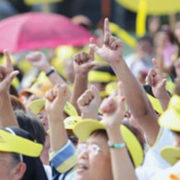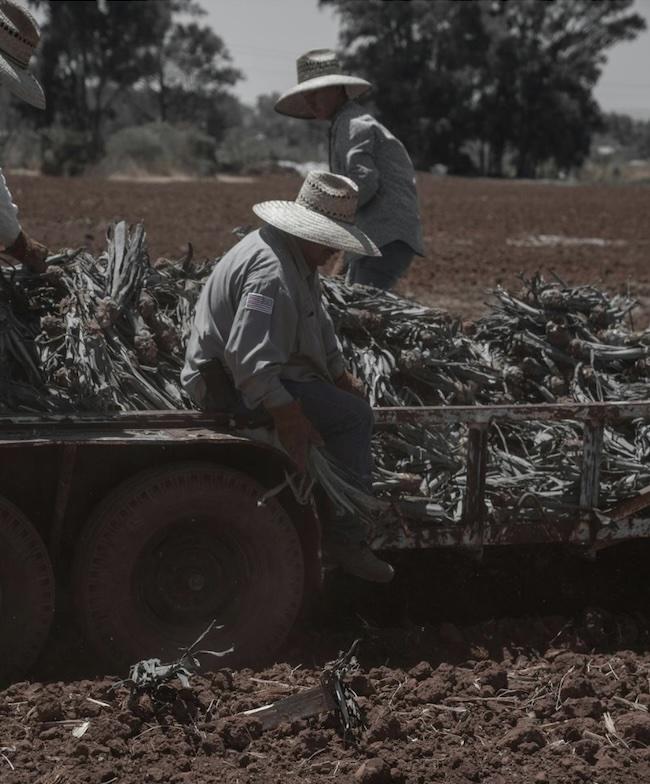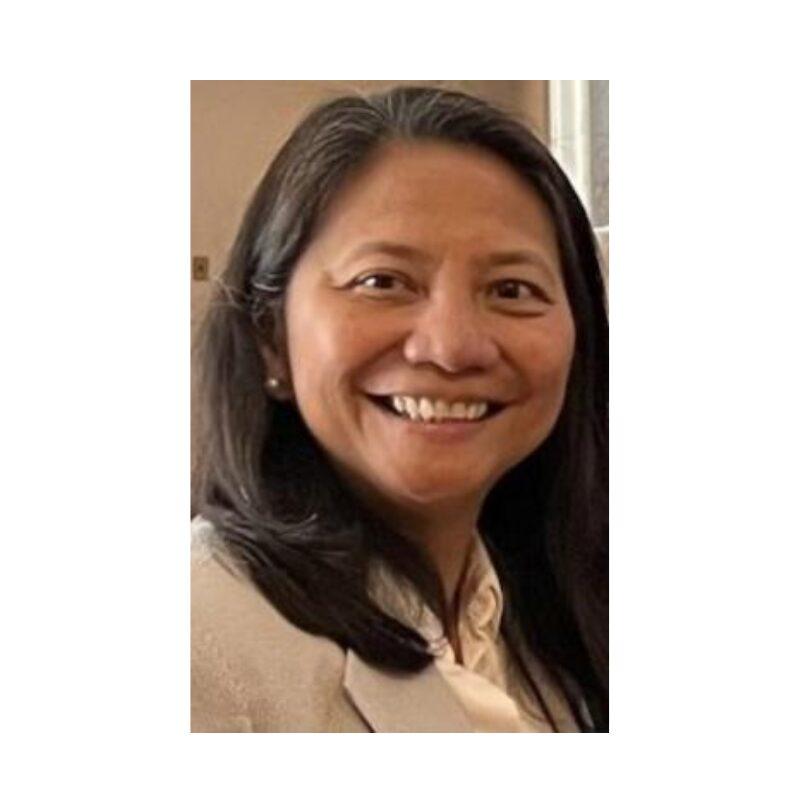LOS ANGELES-Nearly 70 Pinoys gathered together on Feb. 25 at a church on Beverly Boulevard to commemorate the peaceful and bloodless revolution that overthrew a tyrannical and oppressive government.
The Philippine Consulate General in Los Angeles, in cooperation with the Overseas Filipinos for Good Governance (OFGG), hosted a mass in celebration of the 27th Anniversary of what is now known as the EDSA People Power Revolution – a peaceful revolt in 1986 where the Philippine Catholic Church played a vital role in ousting the dictatorship of the Marcos administration.
In August 21 1983, self-exiled Senator Benigno “Ninoy” Aquino Jr., was killed at the tarmac of the then Manila International Airport while he was being escorted off the plane by Philippine Constabulary officials sent by the Marcos administration as ‘body guards’ for Aquino.
Ninoy’s death is widely acknowledged as a pivotal point that eventually led to the People Power Revolution that was held along a long stretch of Epifanio Delos Santos Avenue (EDSA) in Manila from February 22-25, 1986.
According to Fr. Manny Gacad, mass presider at the mass in St. Kevin Church, it is not enough that we only keep the spirit of EDSA and Ninoy alive in our hearts.
In his homily, Fr. Gacad urged those present that the spirit of people power is best remembered if Filipinos embody the values that Ninoy and other Filipino heroes lived for.
“People power should become the driving force of my life. I want to thank God for my freedom and I will act in such a way that I will myself not trample on someone’s freedom,” Gacad said in his homily.
After the mass, a short video presentation was held, depicting a montage of the different events that led to the bloodless revolution of 1986.
Consul General Ma. Hellen Barber-de la Vega addressed the community, and pointed out the relevance of this year’s anniversary theme of “Pilipinas Natin, Abot-Tanaw Na” which she said captures the continuation of Filipinos’ shared commitment to nation-building with the guiding spirit of People Power.
ConGen Barber-de la Vega also noted that it was an opportune time to celebrate the anniversary of EDSA because President Benigno S. Aquino III has just recently signed into law the Human Rights Victims Preparation and Recognition Act of 2013.
According to Barber-de la Vega the landmark legislation is the Philippine government’s official recognition of the atrocities committed by the Marcos administration against its own people, particularly during the Martial Law era.
Although Barber-de la Vega admitted that she has not yet seen the entire text of the new law, she pointed out that it proved to be an important legacy that would hopefully free the Filipinos from the pervasive problems stemming from the Martial Law atrocities.
“We’ve been waiting for this for a long, long time,” Barber-de la Vega said.
“We’ll have more awareness of respect for human rights. This means that we are really living true to the principles that we lived in our country,” she added.
While the specific details of the law, like the Implementing Rules and Regulations, have yet to be released by the Philippine Government, the Consul General ensured that the Consulate will provide more information to the public, as they become available.
Deputy Consul General Dan Espiritu said that rekindling the spirit of 1986 is a part of the continuing efforts to remind us of what we fought for in that pivotal part of our nation’s history.
“Di pa tapos yung laban (The fight isn’t over),” Espiritu said, “It only started in 1986. But the full realization of what we fought for in 1986 would be the realization of a truly democratic, progressive, and inclusive society.”
Espiritu noted that EDSA wasn’t just about a fight against dictatorship and for democracy, but it was also a fight for social justice.
“In a country where the majority is poor, you’ll never be a true democracy if the freedoms and the rights cannot be enjoyed by the majority who are also poor,” he added.
Though Espiritu said that the majority of Filipinos will definitely not remain poor, but he pointed out that Filipinos must collectively uplift the masses towards the formation of a real democracy.
“Isa siya sa mga (it was one of the) formative experiences ng ating bansa (of our nation),” Espiritu explained.
“Because of that we were able to experience participating in transforming the country. I think we’ll forever be committed to it as long as the long term ends and objectives of that revolution have not yet been fully realized.”







